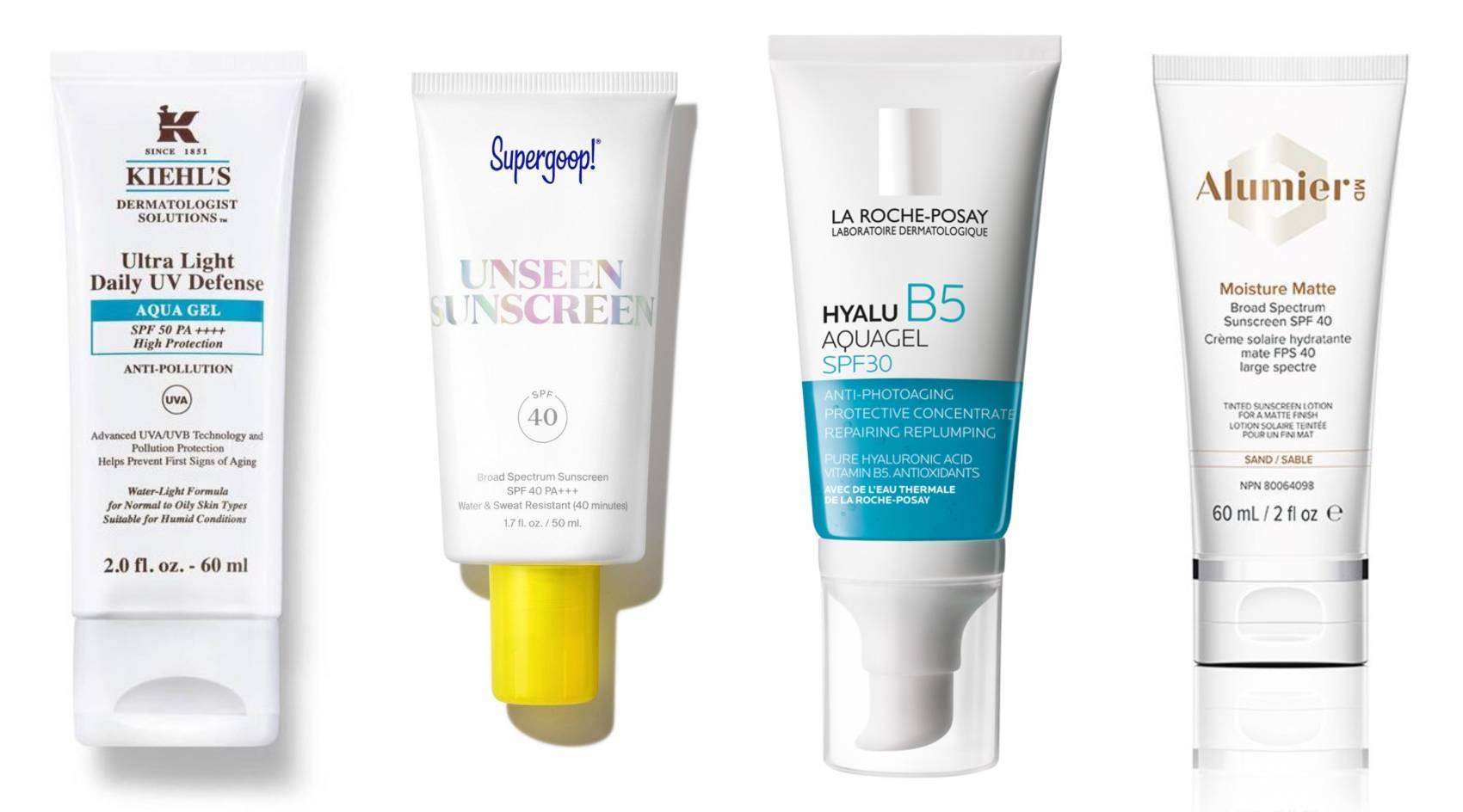In the world of skincare, the importance of using products with SPF cannot be overstated. Skincare with SPF is not just a trend; it is an essential part of any effective skincare routine. With the increasing awareness of skin cancer and premature aging, incorporating SPF into your daily regimen has become a necessity for healthy, glowing skin. In this comprehensive guide, we will explore everything you need to know about skincare with SPF, including its benefits, how to choose the right products, and tips for application. Whether you're a skincare novice or a seasoned enthusiast, understanding the role of SPF in your skincare routine is crucial.
As we delve deeper into the topic, you will discover the various types of SPF products available, how they work, and why they should be integrated into your daily routine. The sun's harmful rays can cause significant damage to your skin, leading to issues such as sunburn, wrinkles, and even skin cancer. Therefore, it's vital to arm yourself with knowledge about how to protect your skin effectively.
This article will also highlight the best practices for applying skincare with SPF, ensuring that you reap the maximum benefits. By the end of this guide, you will be equipped with the knowledge to make informed decisions about your skincare routine and understand the importance of SPF in maintaining healthy skin.
Table of Contents
- What is SPF?
- The Importance of SPF in Skincare
- Types of SPF Products
- How to Choose the Right SPF for Your Skin Type
- Tips for Applying Skincare with SPF
- Common Myths About SPF
- SPF in Different Climates and Environments
- Conclusion
What is SPF?
SPF, or Sun Protection Factor, is a measure of how well a sunscreen will protect your skin from UVB rays, the type of radiation that causes sunburn and contributes to skin cancer. The higher the SPF number, the greater the level of protection. For example, an SPF of 30 blocks approximately 97% of UVB rays, while SPF 50 blocks about 98%.
The Importance of SPF in Skincare
Using skincare with SPF is crucial for various reasons:
- Preventing Skin Cancer: Regular use of SPF can significantly reduce your risk of developing skin cancer by protecting against harmful UV rays.
- Reducing Premature Aging: UV exposure accelerates the aging process, leading to wrinkles, fine lines, and age spots. SPF helps to maintain youthful skin.
- Maintaining Even Skin Tone: Sunscreen can help prevent hyperpigmentation and discoloration caused by sun exposure.
Types of SPF Products
There are various types of SPF products available in the market, including:
1. Sunscreen
These are dedicated products designed primarily for sun protection. They come in various formulations, including lotions, gels, and sprays.
2. Moisturizers with SPF
Many skincare brands now offer moisturizers that contain SPF, providing hydration and sun protection in one product.
3. Makeup Products with SPF
Some makeup products, such as foundations and tinted moisturizers, also include SPF. However, it's essential to ensure they provide adequate coverage.
How to Choose the Right SPF for Your Skin Type
When selecting an SPF product, consider the following factors:
- Skin Type: Choose a formula that suits your skin type (e.g., oily, dry, sensitive).
- Activity Level: If you plan to be outdoors or engage in physical activities, opt for water-resistant SPF.
- Broad-Spectrum Protection: Ensure the product offers broad-spectrum protection against both UVA and UVB rays.
Tips for Applying Skincare with SPF
To maximize the effectiveness of your SPF products, follow these application tips:
- Apply Generously: Use enough product to cover all exposed skin areas.
- Reapply Regularly: Reapply every two hours or immediately after swimming or sweating.
- Don't Forget Areas: Pay attention to often-missed areas like ears, neck, and the back of your hands.
Common Myths About SPF
There are several myths surrounding SPF that can lead to misunderstandings:
Myth 1: SPF is Only Necessary on Sunny Days
UV rays can penetrate clouds, making it essential to wear SPF even on overcast days.
Myth 2: Higher SPF Means You Can Stay in the Sun Longer
Higher SPF does provide more protection, but it's not an excuse to prolong sun exposure. Regular reapplication is still necessary.
SPF in Different Climates and Environments
Understanding how different environments affect SPF effectiveness is essential:
- Beach or Pool: Use water-resistant SPF and reapply frequently.
- Winter: UV rays can reflect off snow, so sunscreen is still necessary.
- High Altitude: The sun's rays are stronger at higher elevations, making SPF crucial.
Conclusion
Incorporating skincare with SPF into your daily routine is vital for protecting your skin from harmful UV rays, preventing premature aging, and reducing the risk of skin cancer. By understanding the different types of SPF products, choosing the right one for your skin type, and applying it correctly, you can enjoy healthier skin for years to come.
We encourage you to share your thoughts in the comments below, and don’t forget to explore our other articles for more skincare tips and advice!
Thank you for reading, and we hope to see you back here soon for more insightful articles on skincare and wellness!
Article Recommendations
- Jesse Watters Wife
- Exploring Andys Life Below Zero Survival And Resilience In The Alaskan Wilderness
- Cousins Its About Family


:max_bytes(150000):strip_icc():focal(919x665:921x667)/beauty-suncare-collage-tout-82a9b67222784d3d950ed0a1009879f7.jpg)